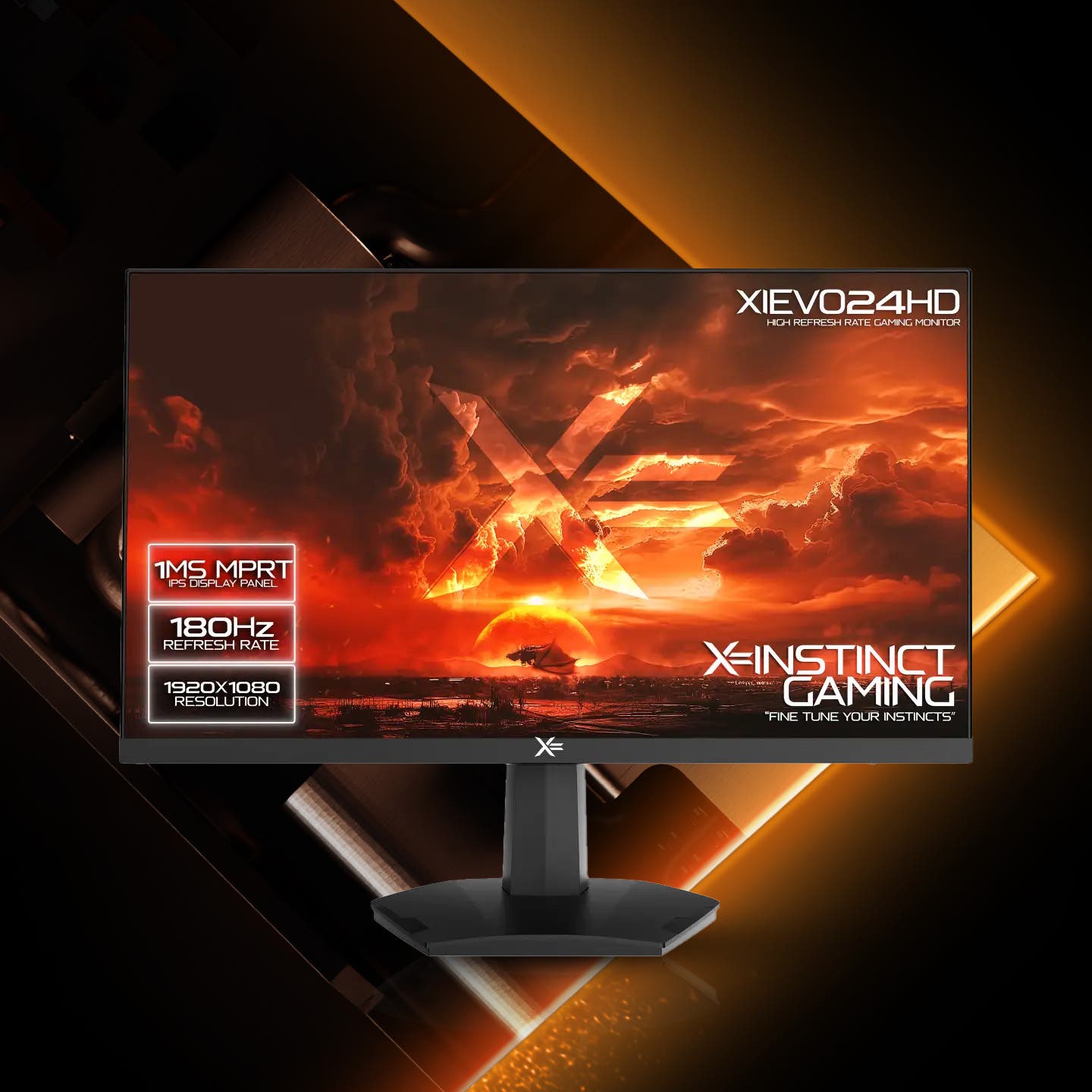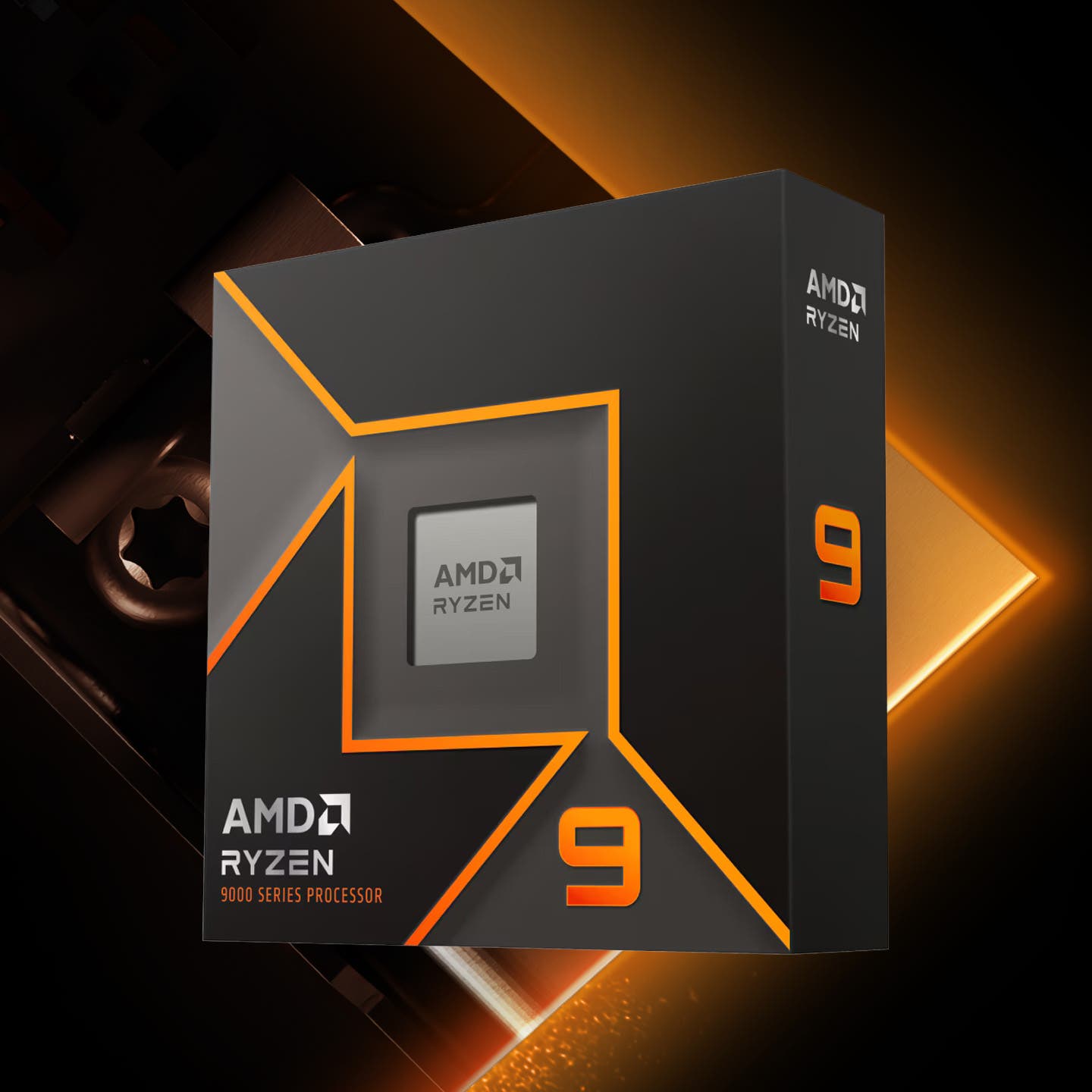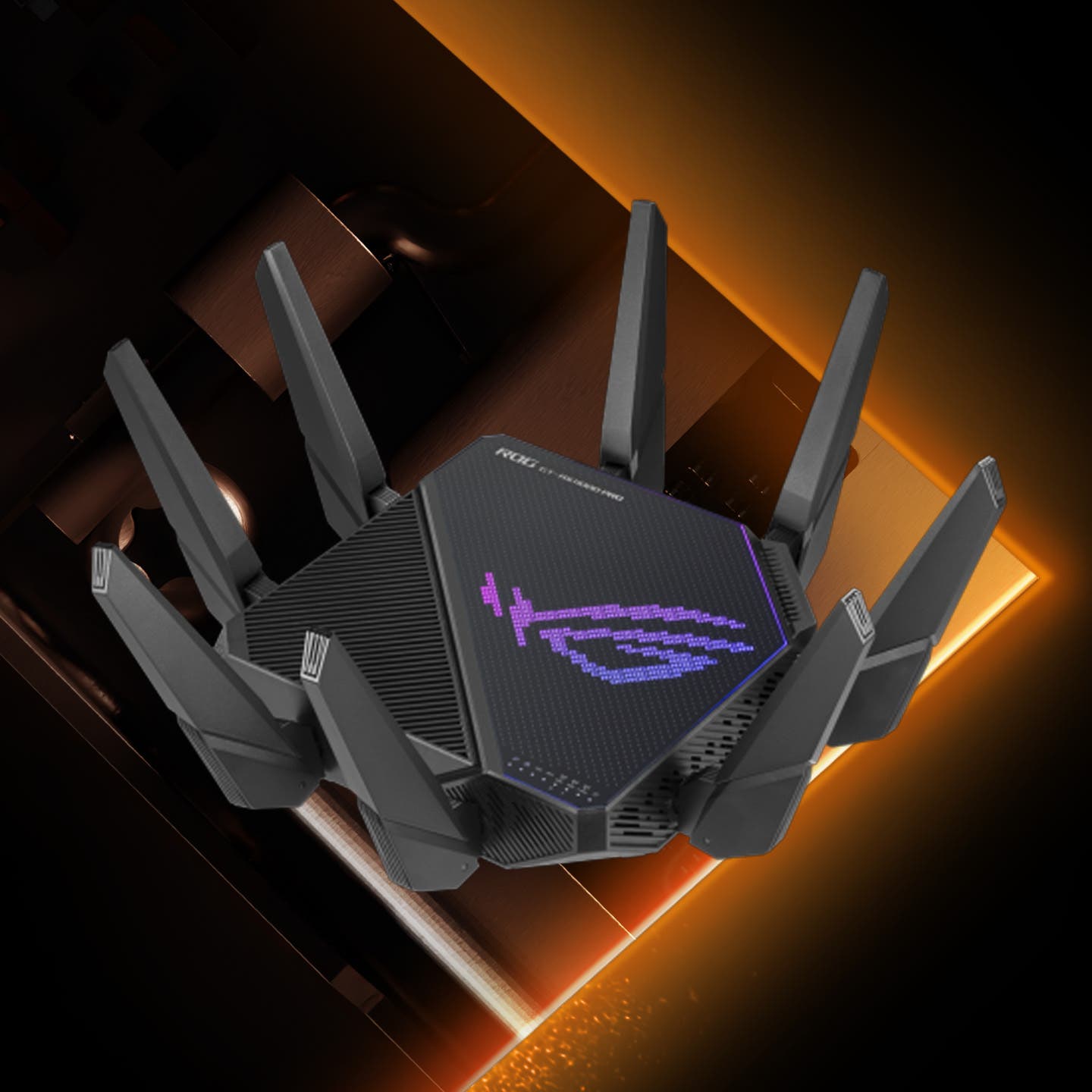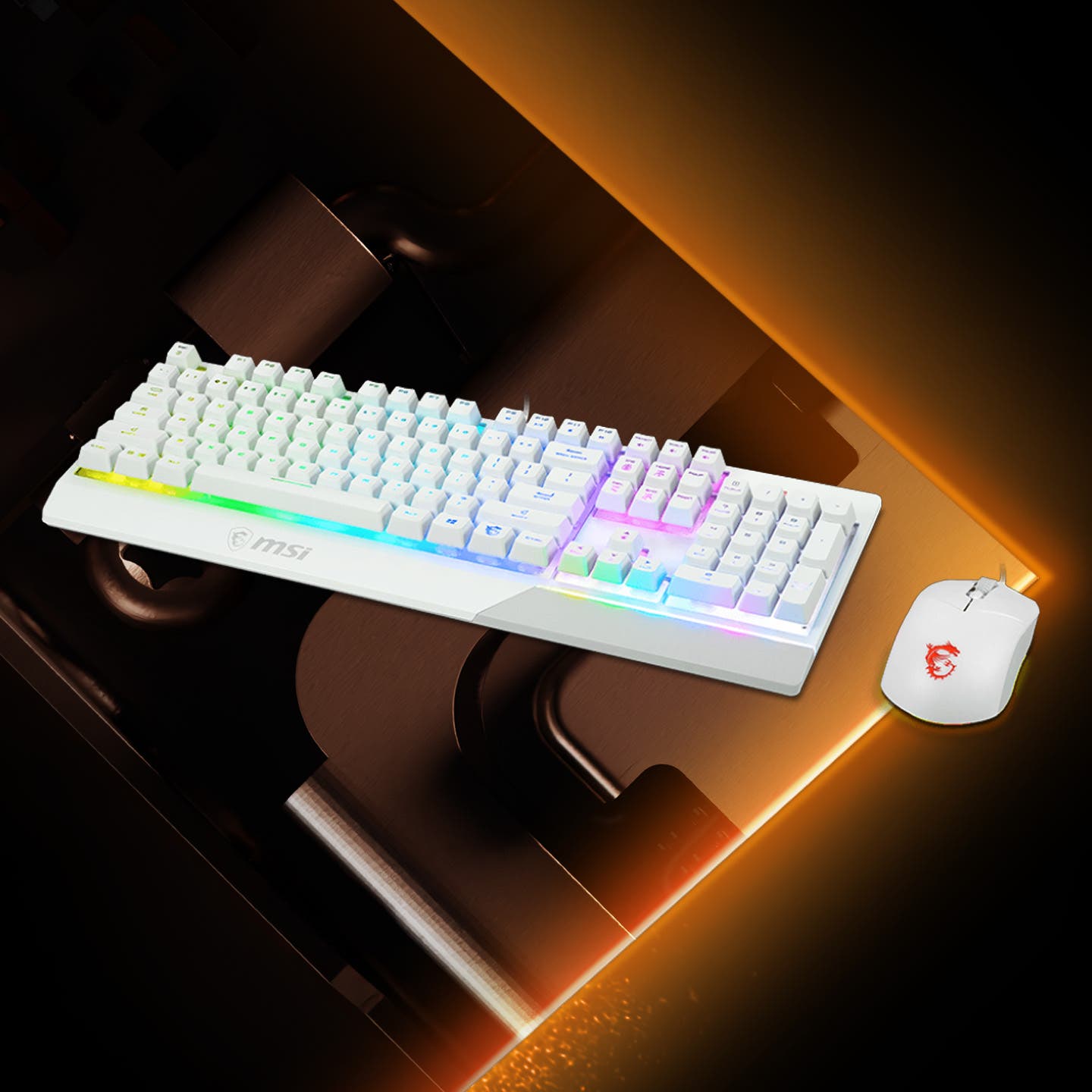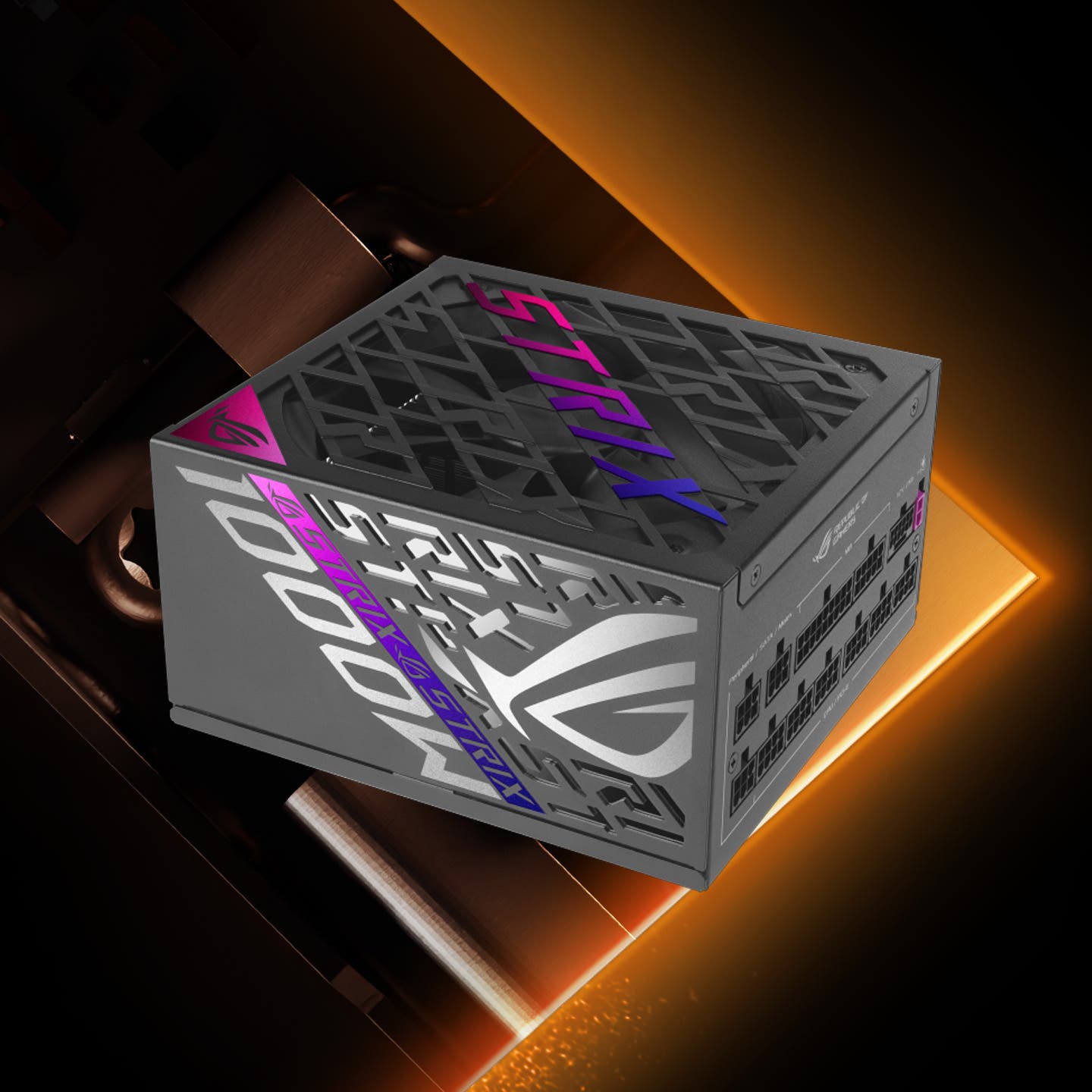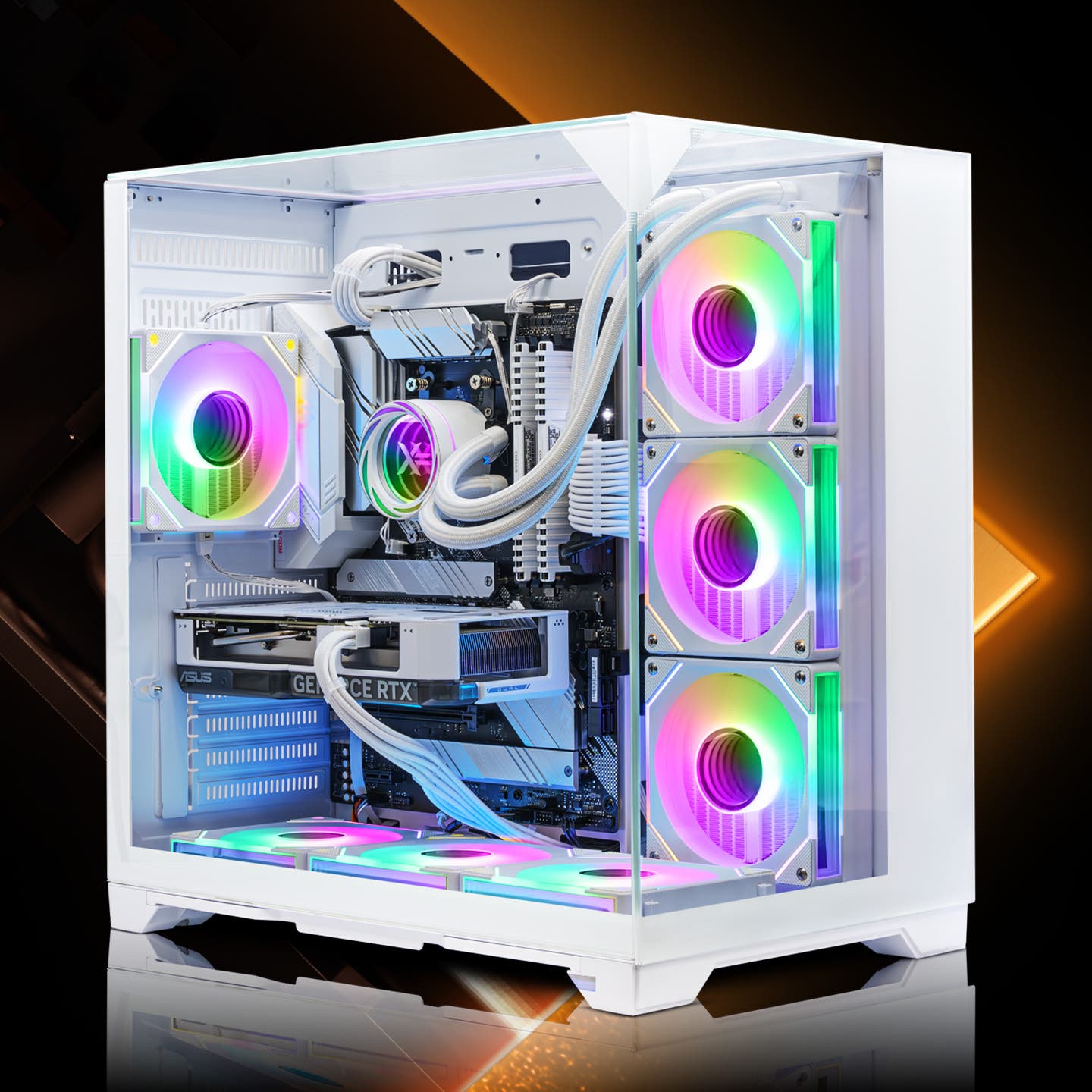We use cookies to make your experience better. To comply with the new e-Privacy directive, we need to ask for your consent to set the cookies. Learn more.
-
 AMD Ryzen 7 9800X3D 8 Core Socket AM5 5.2GHz 3D V-Cache Processor - 100-100001084WOFSpecial Price £448.95 £374.12 was £464.95In stock
AMD Ryzen 7 9800X3D 8 Core Socket AM5 5.2GHz 3D V-Cache Processor - 100-100001084WOFSpecial Price £448.95 £374.12 was £464.95In stock -
 AMD Ryzen 9 9950X3D 16 Core Socket AM5 5.7GHz 3D V-Cache Processor - 100-100000719WOFComing SoonComing Soon
AMD Ryzen 9 9950X3D 16 Core Socket AM5 5.7GHz 3D V-Cache Processor - 100-100000719WOFComing SoonComing Soon -
 AMD Ryzen 5 9600X Six Core Socket AM5 5.4GHz Processor - 100-100001405WOF - RETAIL£228.95 £190.79In stock
AMD Ryzen 5 9600X Six Core Socket AM5 5.4GHz Processor - 100-100001405WOF - RETAIL£228.95 £190.79In stock -
 AMD Ryzen 7 9700X Eight Core Socket AM5 5.5GHz Processor - 100-100001404WOF - RETAIL£317.95 £264.96In stock
AMD Ryzen 7 9700X Eight Core Socket AM5 5.5GHz Processor - 100-100001404WOF - RETAIL£317.95 £264.96In stock -
 AMD Ryzen 9 9900X Twelve Core Socket AM5 5.6GHz Processor - 100-100000662WOF - RETAIL£407.95 £339.96In stock
AMD Ryzen 9 9900X Twelve Core Socket AM5 5.6GHz Processor - 100-100000662WOF - RETAIL£407.95 £339.96In stock -
 AMD Ryzen 9 9950X Sixteen Core Socket AM5 5.7GHz Processor - 100-100001277WOF - RETAILSpecial Price £552.95 £460.79 was £579.95In stock
AMD Ryzen 9 9950X Sixteen Core Socket AM5 5.7GHz Processor - 100-100001277WOF - RETAILSpecial Price £552.95 £460.79 was £579.95In stock -
 AMD Ryzen 9 9900X3D 12 Core Socket AM5 5.7GHz 3D V-Cache Processor - 100-1000001368WOF£588.95 £490.79In stock
AMD Ryzen 9 9900X3D 12 Core Socket AM5 5.7GHz 3D V-Cache Processor - 100-1000001368WOF£588.95 £490.79In stock





